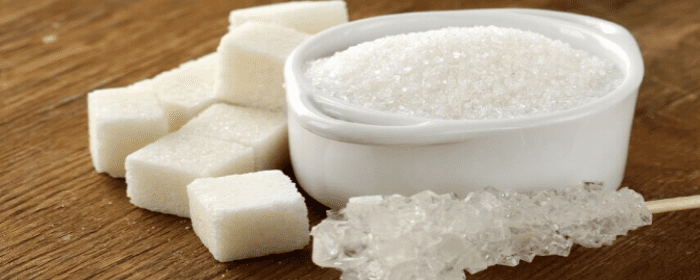The complex interplay between nutrition and health is still being researched by experts. In many cases, there are already established links between certain foods and undesirable health outcomes. For example, recent dietary guidelines recommend limiting added sugars to 10% of your daily calories or less, as they’re associated with an increased risk of heart disease. For individuals with chronic diseases, it’s perhaps even more important to consider the ways food can impact health.
For those with Multiple Sclerosis (MS), optimizing your diet means not only filling your plate with healthy foods, but also avoiding or limiting foods known to exacerbate symptoms. Research shows that in particular, patients with MS have been able to improve their quality of life by making specific tweaks to their diet. Discover which foods you should discuss with your doctor as a means of controlling your symptoms.
Fats
Saturated fats are commonly found in animal products, including red meat. These foods aren’t entirely void of nutritious qualities – after all, they can be rich sources of protein. Yet, their high concentration of saturated fats presents issues, as they could raise “bad” cholesterol levels. This is especially of concern for MS patients, who face a higher risk for heart problems than people without MS.
Trans fats, too, are considered dangerous. Sometimes labeled as “partially hydrogenated oils,” these fats are known to increase inflammation, particularly within the blood vessels. This, too, increases the risk of cardiovascular issues. Steer clear of packaged cookies, crackers, and dessert items, or at the very least, be sure to enjoy them sparingly.
Sugar
We mentioned briefly above that added sugars are notorious for their adverse health effects. Not only does excess sugar lead to weight gain, but it also produces an inflammatory effect which can intensify MS symptoms. Natural sugars, including those found in fruits, don’t have the same effect, so feel free to snack on those instead.
Sodium
Added salt presents a number of issues for MS patients. In general, higher sodium intake is associated with increased disease activity in MS, and has been found to increase likelihood of relapse and development of lesions. Sodium intake and blood pressure are also related, and because high blood pressure can decrease life expectancy in MS patients, added salt should be consumed at a minimum.
Dairy
Like meat, cow’s milk and other full-fat dairy products are high in saturated fats. Besides the fat content, however, specific proteins in the milk could cause trouble for people with MS. These agents could produce a reaction in multiple sclerosis sufferers, but research shows the link isn’t very strong. However, it may be worth replacing cow’s milk and other full-fat dairy products with alternatives to see if it alleviates your symptoms. Consider exploring options such as soy, almond, or even camel’s milk.
Gluten
Gluten is primarily a concern for people with celiac disease, which is characterized by an allergy to the protein found in rye, wheat, and barley. Consuming gluten can cause intestinal damage in people with the allergy. Because MS patients have a higher incidence of celiac disease than the general population, it may be useful to closely monitor your body’s reaction to consuming bread, cereal, pasta, and other foods with gluten. While there is currently no evidence suggesting avoidance of gluten can alleviate MS symptoms in patients who don’t have celiac disease, it never hurts to bring up any food-related concerns you may have with your physician.


 St. Petersburg, Florida
St. Petersburg, Florida
